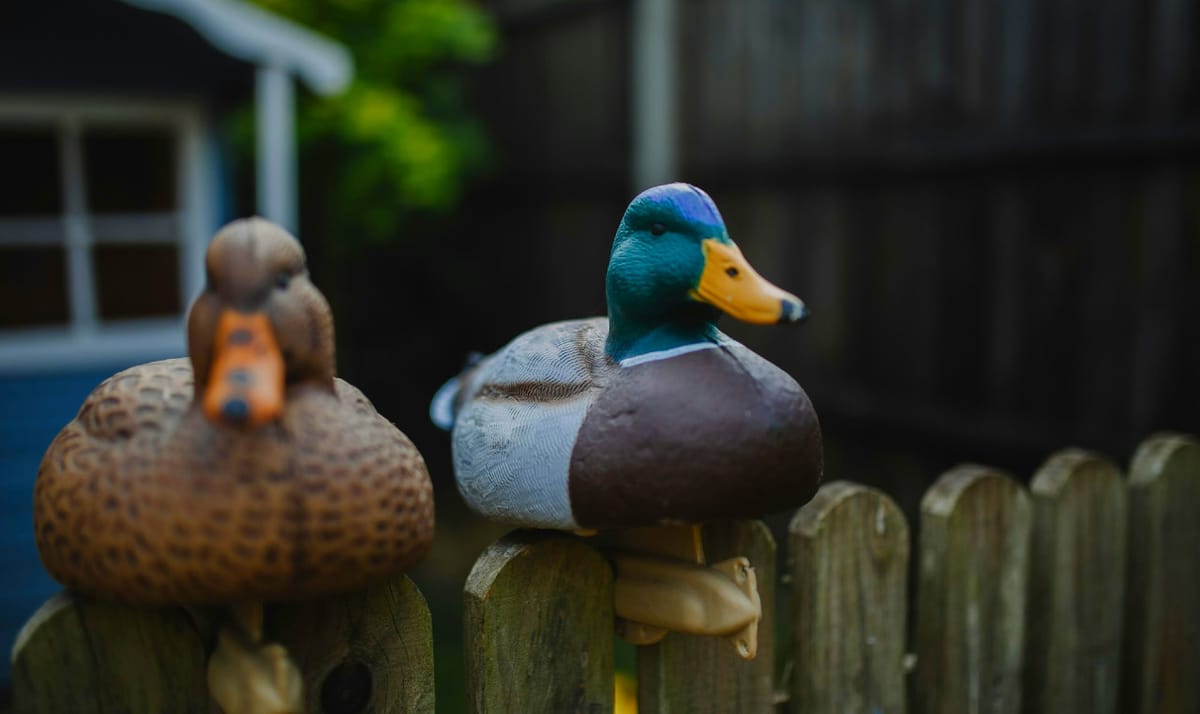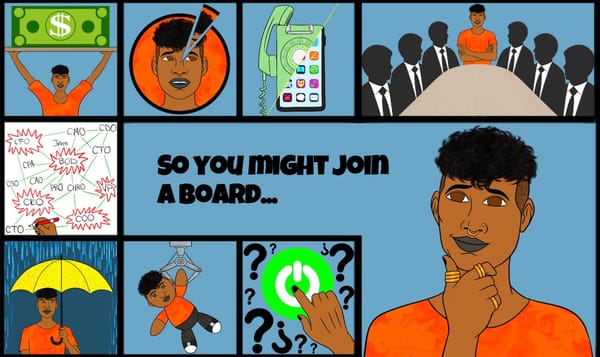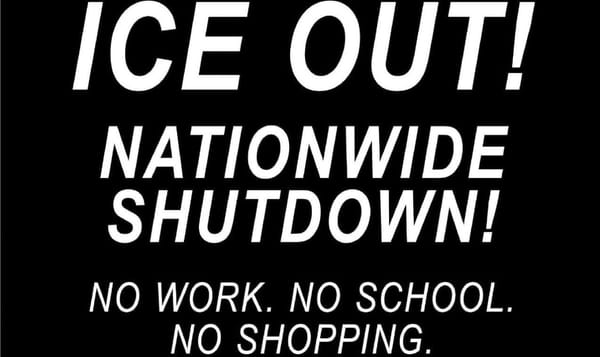faking it
"make it" too close to the sun

Back in 2015, journalist Sarah Hagi wrote a prayer that goes, "God give me the confidence of a mediocre white dude." It's a real strategy in the working world, confirmed true by CEOs and cabinet picks alike. For me, it sits atop a more-universal piece of advice: fake it till you make it.
In my career there were several times when I felt like I had to "fake it." Faking it came after a promotion or after I took on a new task I hadn't ever done before. I had to figure things out fast. I think for BIPOC folks like myself, there's a pressure on us to be more than mediocre. I learned early on that if I said I hadn't done something, I wasn't given even the chance to try. For some people, not knowing something I "should" know was instant confirmation that I wasn't good enough.
In so many cases, I faked it well enough that I did make it. I kept the promotions. I added new skills to my toolbox. I did fail, sometimes, but my confidence and privilege usually helped me learn and get through it. After all, I'm not white but I'm still a dude.
So many of us get the advice early in our careers to fake it. But what if we keep having to fake it? What if we never feel like we fit in? What happens if the performance becomes more than who we are? Objectively, to some extent faking it helped me in my career. We all need to get a foot in the door sometimes. But how might it be doing us harm?
It can strengthen majority thinking. When I don't know how to do something, I often try to learn from people who do. Some of those people learned what to do from someone else. So if everyone is faking it, who's driving the bus? Faking it reinforces the status quo in ways we might not realize.
It sidesteps opportunities for real learning. This used to happen to me in college. Someone would mention an obscure concept and I'd act like I knew what they were talking about. I could've interrupted and asked them to explain, but I would have to risk the pain of looking like an idiot. I saved myself potential shame at the expense of actually learning something. No matter how good I was at "faking it," my organic chemistry grades showed few signs of "making it."
no faking
I still go after jobs and projects I haven't done before, but I don't try to fake it anymore. Here's what I do instead.
Focus on what makes me unique. I can't do everything, but I have plenty that I do well. Some people lord their credentials over each other as proof they belong. We all have something to teach and we all have something to learn. We grow so much more when we trade those experiences instead of ranking them.
Reflect on the skills I do have. Think about what you know. How did you learn it? What did trial and error look like to earn that knowledge? One way I offset the risk of not knowing something is by starting with what I do know. What have those experiences taught me, and how might I apply it here? I'll talk through my approach with someone who knows more about what we're doing.
Find safe ways to fail. The mediocre white men have a point. Matt Wallaert conducted a study on them with Tyler Burleigh and Rhapsodi Douglas. They surveyed a bunch of people to test whether white guys really do have higher confidence. It was true! The study found that white men rated themselves more competent than women and people of color did. But that confidence has to come from somewhere. In the study, they were also more likely to describe their workplace as a safe place to fail. If we want more people to navigate challenges with more confidence, we have to make it safer for people to screw up.
it’s honestly all fake
"Fake it till you make it" is a term for outsiders. But why are we outside in the first place? The concept of whiteness didn't exist before the 17th or 18th century. People in power rigged institutions and political systems for cis white men to thrive. These rigged systems shouldn't still hold so much power over us. The rules for getting ahead are made up: they're flexible by design and always changing. Some qualifications exist only to shut some people out. Just because we wriggle and fight our way in doesn't mean we have to conform to every norm.
Faking it is a reasonable strategy if you will try anything to get ahead. But I can't help but think about the conman in one of my favorite movies, The Talented Mr. Ripley. Matt Damon as Tom Ripley laments, “I always thought it would be better, to be a fake somebody... than a real nobody.” When we fake our right to be somewhere, we risk losing our sense of self. I want to ask: is it worth going through all the trouble of faking it? Is making it, in this place, what I really want to do?



